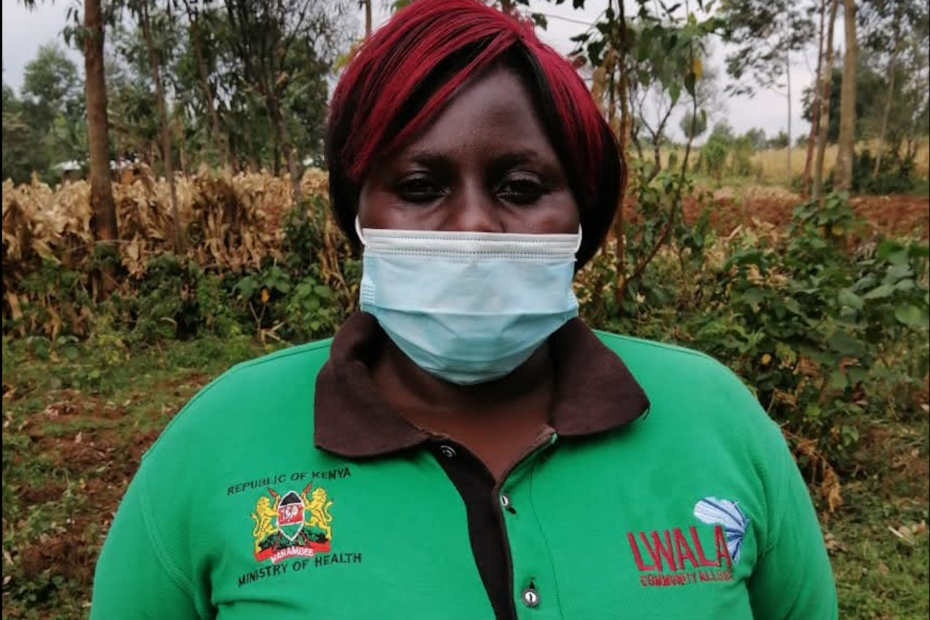While the burdens on CHWs have increased in some countries, CHWs in other countries have stopped their service entirely due to the lack of PPE. This has led to devastating consequences.
In Mali, two-thirds of the country lives in a conflict-ridden area lacking access to regular health care services so they rely on CHWs for their health services. In the Segou region, home to thousands of internally displaced citizens fleeing armed militia and terrorist groups, maternal mortality has increased eight times during the pandemic. Immunization rates have also fallen in this region. CHWs play a significant role in community health and without their ongoing services, communities are suffering.
Without PPE, CHWs in Segou are also not able to conduct active case findings and go house-to-house. These are key activities needed to remove distance, financial, and structural barriers to routine health care in Segou.
From TB, maternal and reproductive health to immunizations, CHWs and their communities are at risk when CHWs don’t have PPE. CHWs provide ongoing, essential care to vulnerable communities, and they serve when and where others cannot.
Government officials must safeguard CHWs as they continue to provide routine services and COVID-19 case management, contact tracing, and community sensitizations. One way to do this is to prioritize PPE for Africa’s CHWs. We must continue to work together to protect CHWs with face masks, face shields, and gloves to ensure communities across Africa can receive the health services they deserve.
